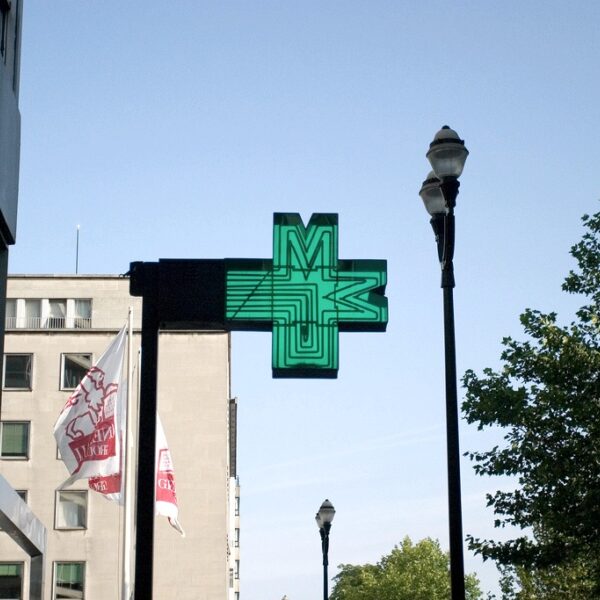
Medicinal product – Purchase system open to all operators - Public procurement
A contractual agreement open to all is not a procurement.
A German health insurance fund had put in place a procedure in order to conclude rebate contracts with undertakings marketing a medicinal product, identified by its active ingredient. This procedure provided for the authorisation of all interested undertakings meeting the authorisation criteria and for the conclusion with each of those undertakings of identical contracts whose terms were fixed and non-negotiable. Furthermore, any other company fulfilling those criteria also had the opportunity of acceding on the same terms to the rebate contract scheme during the contract period. The notice indicated that that procedure was not subject to public procurement law. As a result of the advertising, a contract was concluded with Kohlpharma, the only undertaking which expressed its interest in response to that notice.
Another German lab brought proceedings seeking a declaration that the authorisation procedure initiated by the health insurance fund and the only contract award which resulted from that procedure were incompatible with public procurement law. It is in the framework of this dispute that the Court issued its judgment.
Is this a case of public procurement? In other words, is a contract scheme through which a public entity intends to acquire goods on the market by contracting throughout the period of validity of that scheme with any economic operator who undertakes to provide the goods concerned on fixed terms, without choosing between the interested operators, and allows those operators to accede to that scheme throughout its period of validity, a procurement or not?
The Court notes that the purpose of Directive 2004/18 is to avoid the risk of preference being given to national tenderers or applicants whenever a contract is awarded by the contracting authorities.
Nonetheless, where a public entity seeks to conclude supply contracts with all the economic operators wishing to supply the goods concerned in accordance with the conditions specified by that entity, the fact that the contracting authority does not designate an economic operator to whom contractual exclusivity is to be awarded means that there is no need to control, through the detailed rules of Directive 2004/18, the action of that contracting authority so as to prevent it from awarding a contract in favour of national operators. Furthermore, “the choice of a tender and, thus, of a successful tenderer, is intrinsically linked to the regulation of public contracts by that directive and, consequently, to the concept of ‘public contract’ within the meaning of Article 1(2) of that directive”. Therefore, the system does not constitute a public procurement within the meaning of Directive 2004/18.
Source: CJEU, C-410/14, 2 June 2016
Associated areas of specialisation: Public procurement and PPP